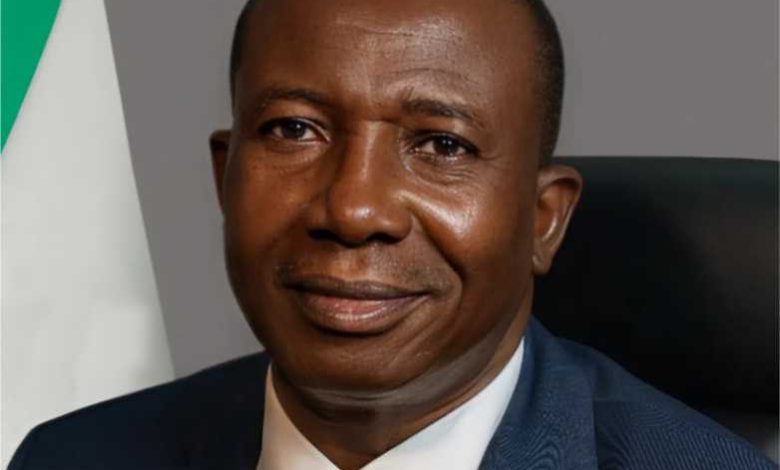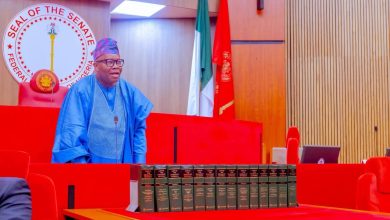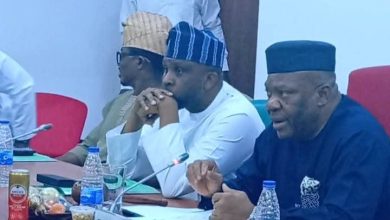
Following a series of staff training, the Akwa Ibom State Internal Revenue Service (AKIRS) is set to implement the new Tax Reforms Act.
The intensive capacity-building program, designed for the agency’s board members and management staff, aimed to expose them to the fundamentals and key amendments in the new Act, including a clause-by-clause consideration of relevant sections of the law.
In collaboration with the State Ministry of Information, comprehensive sensitisation programmes and strategies are also underway to adequately educate or enlighten taxpayers and the general public on the contents and implications of the new Tax Reforms Acts.
In addition, there has also been a massive investment in technology and automation of processes by the Board.
A state-of-the-art digital centre has also been developed at the Revenue House, Udo Udoma Avenue, Uyo, in preparation for the reforms. The facility houses the new and bespoke tax management system, which is capable of integrating with the Joint Tax Board technology platform as required by the new Tax Administration Act, 2025, and also with the state’s Akwa-GIS and AkwaRemit/Treasury Single Account platform.
Also, to create a work-friendly ambience that enhances staff output and customer comfort, the Revenue House has been reorganised and fitted with modern fittings as well as a waiting area for vehicle registration customers, in addition to the general facelift of the Corporate Headquarters.
Read Also: AKIRS Announces Plans for Tax Process Automation in 2025
Rising from its 17th Board meeting held last week in Uyo, the executive chairman, Mr Okon Okon, stated that the Board has adopted the new Tax Reforms Acts and was upbeat about its implementation come January 1, 2026. This, he said, informed the investment in a series of trainings and infrastructural transformation.
“We are set for the implementation. By virtue of the new Acts and the closeness to the January 2026 deadline, our managers must have firsthand and deep knowledge of the new Acts to be able to pass correct and relevant messages to the public. As tax managers, we, therefore, must have a good working knowledge of the new Acts and be able to run with the same”, the board chairman said.
Mr Okon, a fellow and council member of the Chartered Institute of Taxation of Nigeria (CITN) and also a member of the Presidential Committee on Fiscal Policy and Tax Reforms in Nigeria, noted that the automation of tax processes was “to improve system efficiency and in sync with the national technology platforms”.
At the national level, the Joint Tax Board (JTB), the umbrella body for tax administration in the country, is also organising streams of retreats and workshops for executive chairmen and directors of tax authorities across the 36 states of the federation and the FCT.
In a related development, the Federal Government on Wednesday, September 10, 2025, officially published the long-anticipated gazetted tax reform laws, signalling a major step in overhauling the country’s fiscal framework.
The New Tax Reforms Act, comprising the Nigeria Tax Act, Nigeria Revenue Service (Establishment) Act, Nigeria Tax Administration Act, and the Joint Revenue Board (Establishment) Act, was signed into law on June 26, 2025, by President Bola Ahmed Tinubu.




